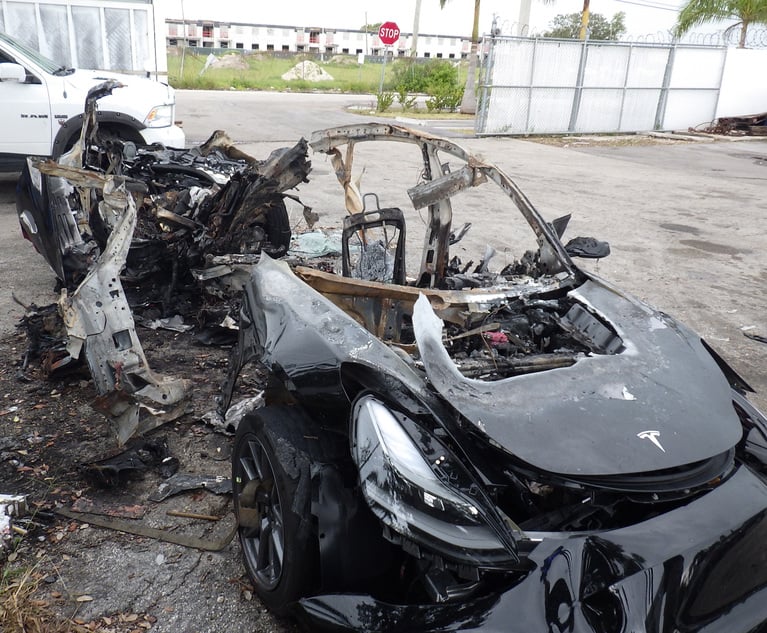Ben Nelson, CEO of the National Association of InsuranceCommissioners has outlined several concerns with the work of theFederal Insurance Office.
|The FIO and the U.S. Treasury Department should not showdeference to state regulators in certain regulatoryforums, such as participate in International Associationof Insurance Supervisors, says Nelson June13 during testimony at a hearing before the Subcommitteeon Housing and Insurance of the House Financial ServicesCommittee.
|Moreover, Nelson testified that "it is inappropriate for FIO orany other non-regulator to seek to participate in supervisorycolleges, which are vehicles to discuss supervision of specificcompanies, without an invitation from the [state] regulators."
|Nelson furthermore criticized the direction of internationalwork on Common Framework for the Supervision of InternationallyActive Insurance Groups (ComFrame) and other projects ofinternational insurance bodies.
|Nelson says the NAIC supports the original intent of ComFrame toattain a framework of cooperation and coordination amongjurisdictions, but regulators remain wary of "mission creep" andthe "accumulation of overly prescriptive requirements" as the IAIScontinues to develop ComFrame.
|State regulators fear a "one-size-fits-all approach that couldimpose new burdens on U.S. companies and consumers with little, ifany, benefit," he says.
|He also says he is concerned about insures being designateddomestic systemically important financial institutions (SIFIs) orglobal systemically important insurers (G-SIFIs), as he worriesinsurers large enough to become SIFI or G-SIFI could create atwo-tier system, and also lead to over-concentration in theinsurance sector—that a perception of some companies being saferthan others could "reduce market discipline, create competitivedistortions and encourage undesirable consolidation andconcentration in the insurance sector."
|Regulators in the U.S. and internationally should work toaddress the sources of systemic risk to reduce the potential aninsurer could be considered risky in this manner, since it is notgood for policyholders, he says.
|"With that in mind, we continue to examine the scope of ourauthorities and resources to ensure that systemic risk does notemanate from activities within our purview," Nelson adds.
|Meanwhile, S. Roy Woodall, Jr., the independent member of theFinancial Stability Oversight Council (FSOC) with insuranceexpertise, says the IAIS is hoping to change its bylaws to allowhim to better serve his legal role.
|Woodall disclosed concerns in testimony during the hearing, "TheImpact of International Regulatory Standards on the Competitivenessof the U.S. Insurers."
|"I am often told that some IAIS matters are confidential andcannot be shared with me," he says. "I believe that attendance atIAIS systemic risk meetings is critical to fulfilling myresponsibilities as a voting member of the FSOC, given thecentrality of systemic risk to FSOC responsibilities."
Want to continue reading?
Become a Free PropertyCasualty360 Digital Reader
Your access to unlimited PropertyCasualty360 content isn’t changing.
Once you are an ALM digital member, you’ll receive:
- All PropertyCasualty360.com news coverage, best practices, and in-depth analysis.
- Educational webcasts, resources from industry leaders, and informative newsletters.
- Other award-winning websites including BenefitsPRO.com and ThinkAdvisor.com.
Already have an account? Sign In
© 2024 ALM Global, LLC, All Rights Reserved. Request academic re-use from www.copyright.com. All other uses, submit a request to [email protected]. For more information visit Asset & Logo Licensing.








